by William Frazier
During the Reconstruction Era, Joseph Hayne Rainey was one of many politicians lobbying for a more effective version of the Enforcement Act of 1871. Born as a revision of that very act, the Civil Rights Act of 1875 was an important addition to an already vital decision in history. Long before the Republican and Democratic parties gained such clear roles publicly, Rainey became the first African American to serve in the United States House of Representatives and the first black presiding officer of the House of Representatives. His role in the United States Congress made him the second black person to achieve such standing, and was only bested by Senator Hiram Revels.
Born in 1832, Rainey’s story was familiar to people of color in that era as he was born into slavery. Rainey had one other sibling named Edward, and his mother was of African and French descent. His father fought hard and eventually bought his family’s freedom, instilling an incredible amount of self-worth and meaning into his sons. This allowed Rainey to follow in his father’s footsteps as a successful barber and develop a name for himself throughout several communities. During the American Civil War in 1861, Rainey was forced to serve but eventually escaped in 1862 with his family to reclaim his life. They settled in St. George’s, Bermuda until the end of the Civil War in 1866 and made their return to South Carolina.
With majority of the population comprised of African Americans, Rainey used his life experiences to break into politics and become the executive committee of the state Republican Party. In 1870 controversy followed his Republican appointment to the Fort-first Congress of the United States, as it was a special election to replace the then censured Benjamin F. Whittemore for corruption. Rainey enjoyed a successful four terms and served until 1879, a length of service for a black Congressman that wasn’t beat until William L. Dawson came into power.
His shining moments during those terms was the fierce support of the Civil Rights Act of 1875. Three passionate speeches on the floor of Congress was one of the many decisions that led to it finally becoming a reality, and in essence Rainey and his supporters won the battle but lost the war. The success of several African Americans in politics led to widespread violence and dissent from both sides, and ended with white Democrats passing laws around 1895 for segregation and disenfranchising many blacks to curb voting. With that in place Rainey became one of the few blacks left with any political power, even after he left the U.S. Congress. Maintaining a presence in Washington with a successful career in private commerce, he continued his legacy with a different role in mind.
Of the 130 stops on the Connecticut Freedom Trail, one of the most popular is the Joseph H. Rainey House that was established in 1830.
Sources
http://www.scencyclopedia.org/rainey.htm

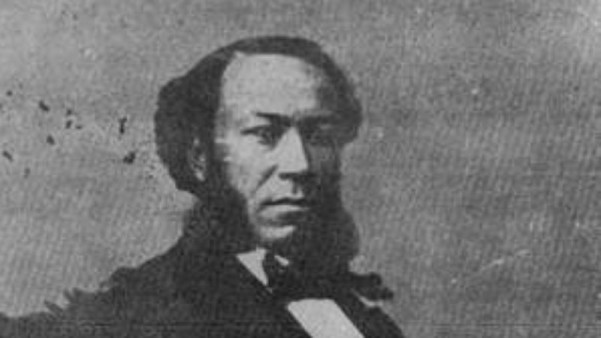



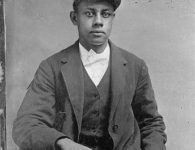

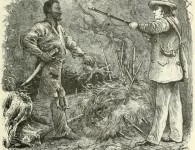




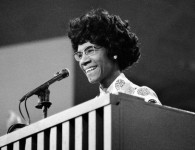
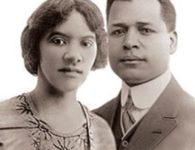


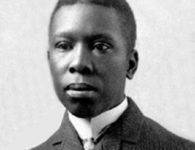

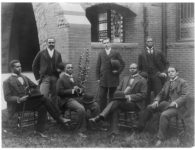
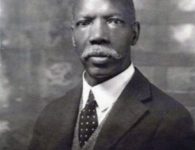

2 Comments
Intresting because the Raineys are raised to be self sufficient and fighters for Human rights. As a third generation Rainey, I can see, not only the facial similarities, but the same drive Joseph Rainey had in our current generation.
[…] post The Importance of Joseph Hayne Rainey’s Role in Passing the Civil Rights Act of 1875 appeared first on Black […]